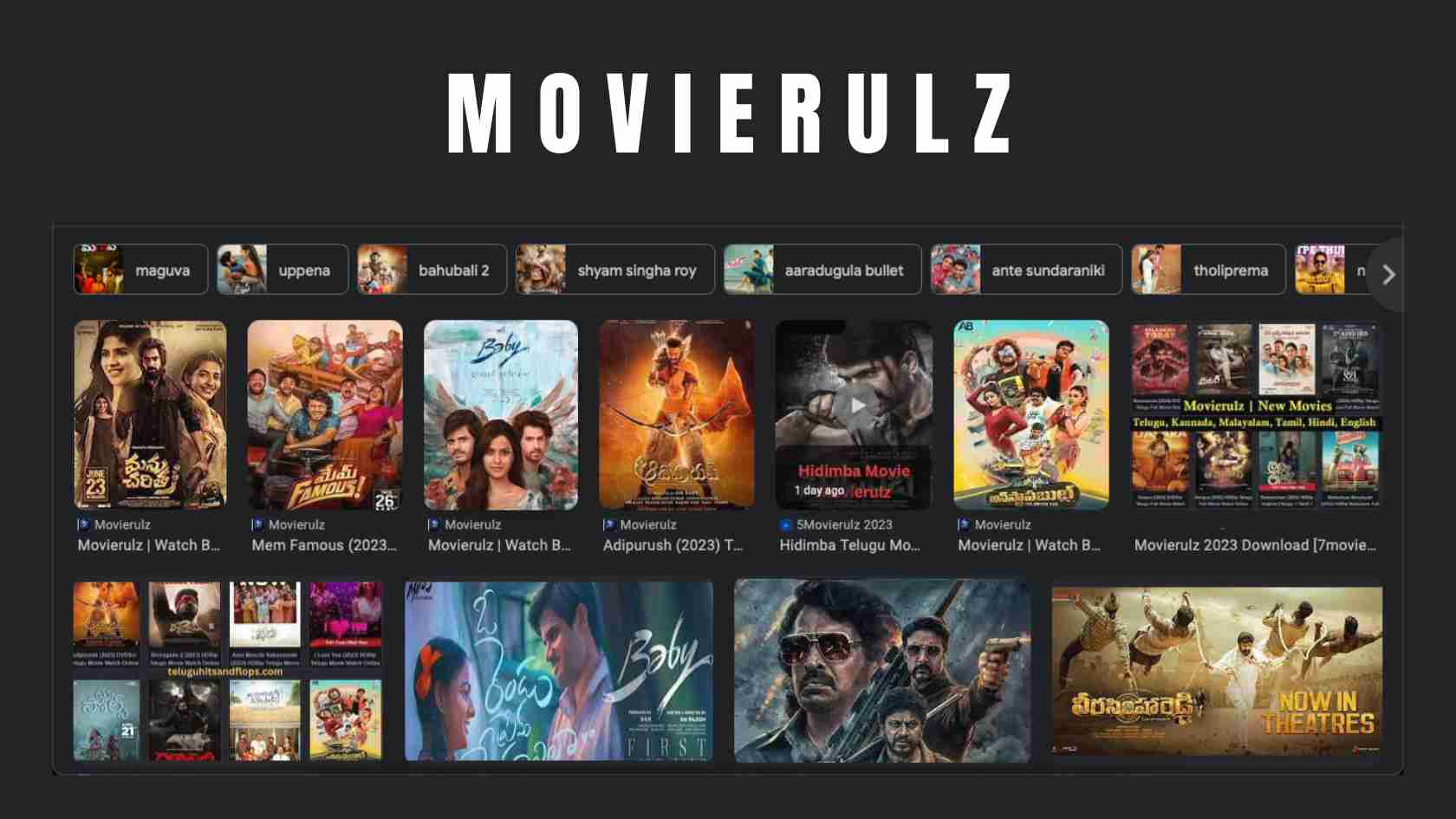Is the digital frontier truly free, or are we navigating a landscape riddled with shadows and ethical quandaries? The rise of websites offering free access to copyrighted content presents a complex web of legal, creative, and societal challenges that demand careful consideration.
The internet, a boundless ocean of information and entertainment, has fundamentally altered the way we consume media. Platforms like Movierulz, a website synonymous with illicit content distribution, have capitalized on this shift. They offer access to a vast library of movies, including those from the Tamil, Telugu, Kannada, and Hindi film industries, as well as English-language films, all available for free download. This model, while seemingly appealing to users seeking cost-effective entertainment, operates in direct violation of copyright laws and poses significant threats to the creative industries.
The recent news from Uttar Pradesh, where a man allegedly stabbed his lover, set her ablaze, and attempted suicide, highlights the severity of crimes taking place in the region. While the details of this case are specific and tragic, it unfortunately reflects the larger context of crime in the area.
The cricket world was recently taken by surprise following Ishan Kishan's unexpected dismissal during a match against the Mumbai Indians. This event, which left a leading cricket commentator perplexed, underscored the unpredictable nature of the sport and the individual performances that can shift the course of a game.
In contrast to the shadowy world of piracy, legitimate streaming services like Zee5 offer an alternative. They provide access to a curated collection of movies, including over 2800 titles in full HD, allowing users to watch films online anytime, anywhere. This model adheres to copyright laws, ensuring that creators are compensated for their work, and fostering a sustainable ecosystem for the film industry.
5movierulz, in a different vein, positions itself as a provider of news related to Telugu, Tamil, Hindi, and English movies. The website attempts to provide a service by collecting and distributing the content, but their operation is still under scrutiny due to the nature of the movie titles and the potential presence of links to illicit sources.
The film industry in India is constantly in flux. As we step into 2024, it becomes clear that there are new rules that are emerging that both filmmakers and audiences have to embrace. These rules are likely influenced by technological innovations, audience preferences, and evolving business models.
The digital landscape is complex. While the allure of free entertainment is undeniable, it's essential to understand the consequences of engaging with platforms that operate outside the bounds of the law. Supporting piracy harms the creative industries, stifles innovation, and ultimately deprives artists of the compensation they deserve. The choice lies with each individual: to embrace a future of sustainable creativity or to contribute to its potential demise.


